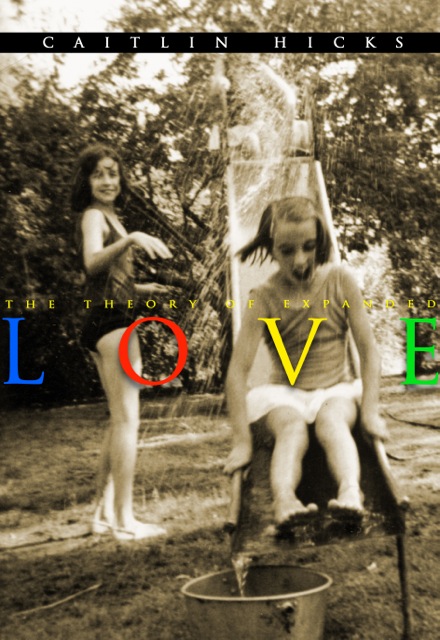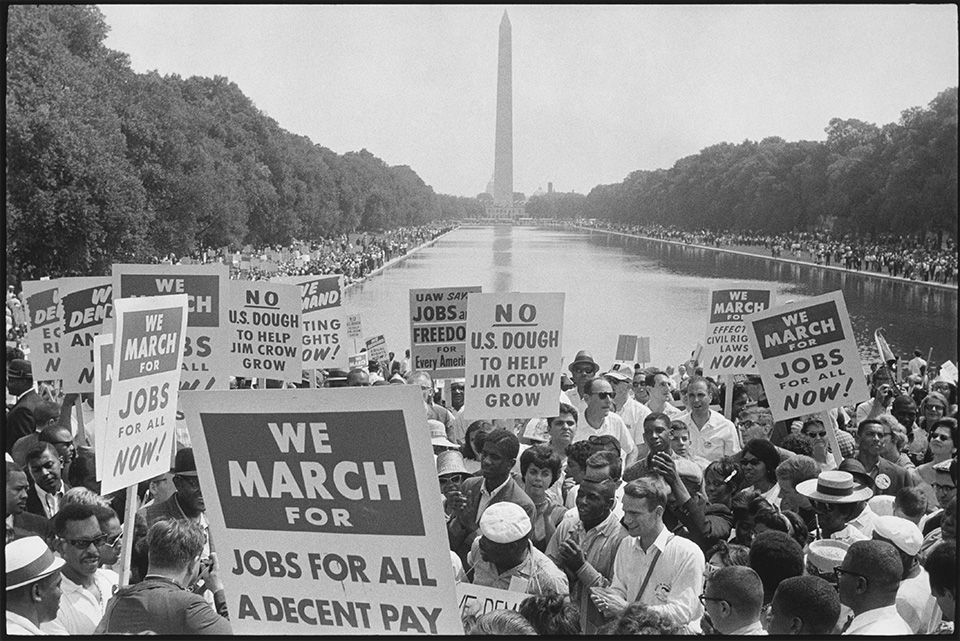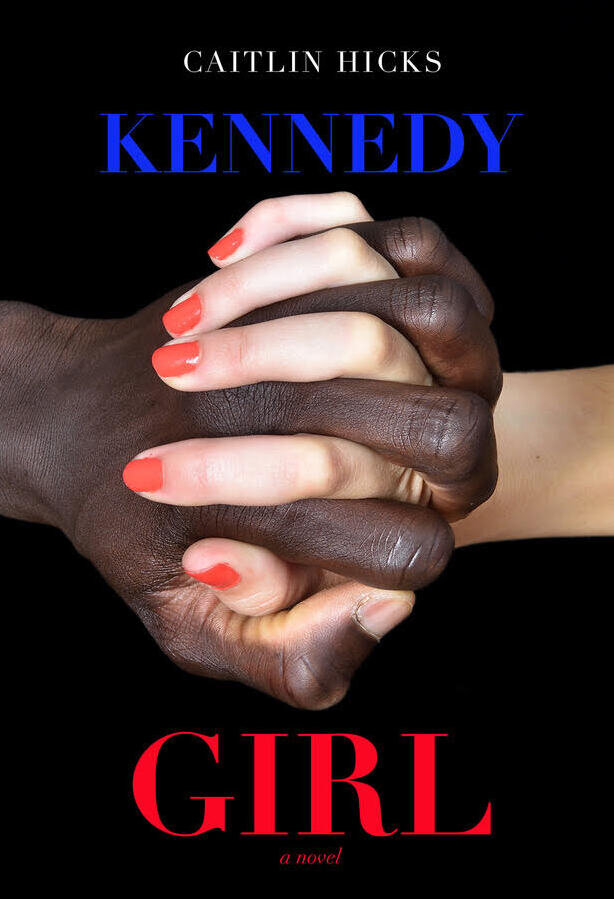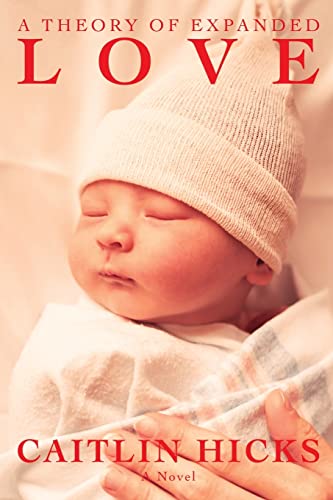A Theory of Expanded Love is a coming-of-age story featuring a feisty yet gullible adolescent, trapped in her enormous, devout Catholic family in 1963. Surrounded by twelve brothers and sisters, and desperate for attention, Annie creates a hilarious campaign of lies when the pope dies and their family friend, Cardinal Stefanucci, is unexpectedly on the short list to be elected the first American pope. Driven to elevate her family to the holiest of holy rollers in the parish, Annie is tortured by her own dishonesty. But when one of her brothers gets left behind at Disneyland and ‘The Hands’ visit her in her bed, when her sister becomes pregnant ‘out of wedlock’, Annie discovers her parents will do almost anything to uphold their Catholic reputation. Questioning all she has believed, and torn between her own gut instinct and years of Catholic guilt, Annie takes courageous risks to wrest salvation from the tragic sequence of events set in motion by her parents’ betrayal.
Longer synopsis:
A Theory of Expanded Love is a coming-of-age story featuring an unflinching, gullible skeptic, trapped in an enormous Catholic family in Pasadena in 1963.
Tired of the ramshackle low-status life in her huge family, Annie sees her chance to raise their rank closer to heaven when a family friend is announced to be on the short list to become the first American pope. Number six of thirteen children and frantic for attention in the swarm of her boisterous clan, Annie tells fantastic lies to elevate herself — and her tribe — to the holiest of holy rollers in her parish.
This is a family that finds parking spaces by praying to Saint Anthony and fights communism by reciting the rosary; a family ruled by a Navy Commander armed with a belt and wielding phrases ‘Rank has its privileges’ and ‘Bombs over Tokyo!’ A family full of quirky characters each with his/her own unique method of survival. The only time the Mother can be alone is in the bathroom, and Annie often sits outside the door, desperate to be noticed.
1963 is the year of the first woman cosmonaut, bomb shelters, desegregation and Martin Luther King’s ‘I have a dream’ speech. With a Catholic president in the White House, every family owns a car and a black and white tv. The Baby Boom is in full swing and women who get pregnant ‘out of wedlock’ are routinely sent away in secret to give up their babies.
In the second half of 1963, Annie begins to observe and question (often hilariously) everything she has been taught. Frequently in trouble for her outspoken challenges to family wisdom and constantly diminished for being ‘dramatic’ Annie struggles to please. But puberty descends, to her embarrassment and shame. Added to the mystery of her changing body, ‘The Hands’ visit her late at night.
This and the scandal of her sister’s illegitimate pregnancy threaten to kibosh her Catholic family’s stellar reputation in the parish, something Annie’s father will do almost anything to uphold. At a time when sexual abuse isn’t even acknowledged, Annie tries to keep herself awake to catch her night-time tormenter. Her parents refuse to acknowledge the problem, and Annie runs away from home to be with her pregnant sister, Clare, who is in active labor.
When Clare boards a bus instead of admitting herself into the hospital, Annie realizes her sister’s profound vulnerability and her own inexperience. In spite of her age, she wrests salvation from the tragic sequence of events set in motion by her parents’ betrayal.
In the six months between the pope’s death, the birth of the civil rights movement, the assassination of President Kennedy and New Year’s Eve, Annie’s irrepressible spirit passes into adolescence testing the military mindset, the logic of Catholicism, — and her own Theory of Expanded Love.



